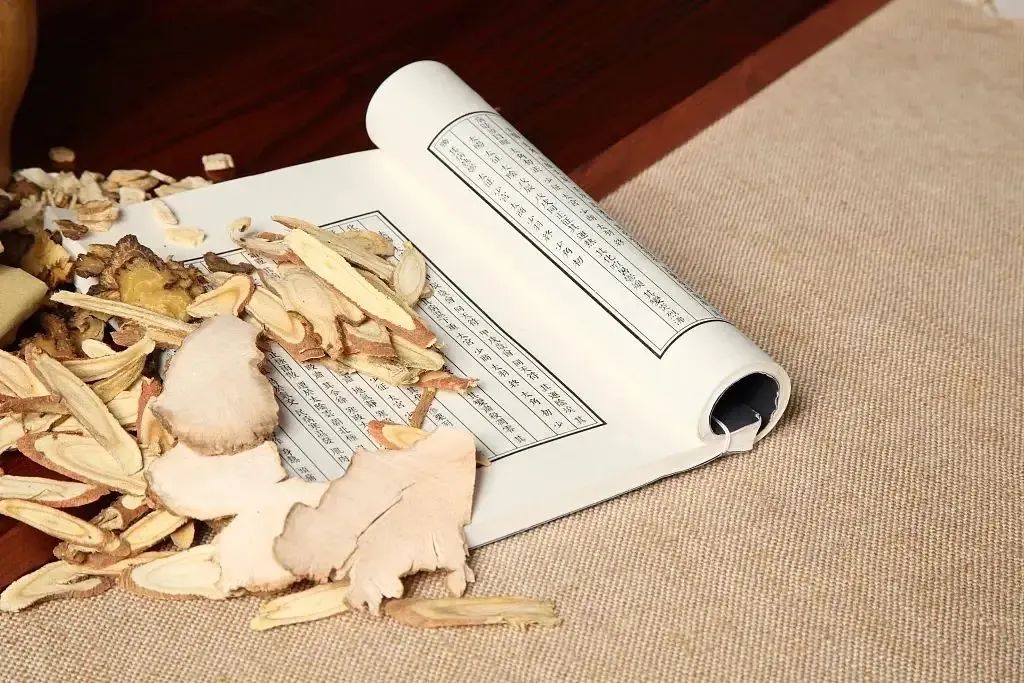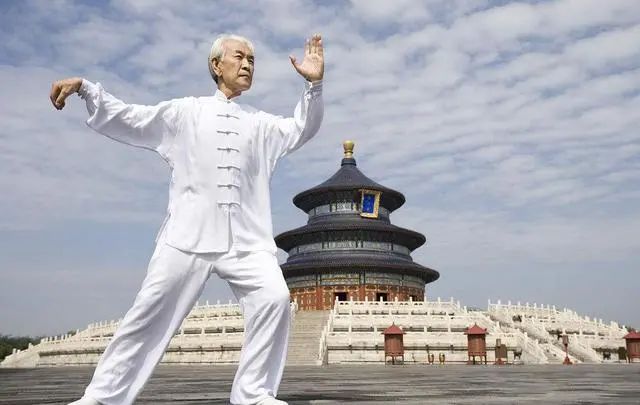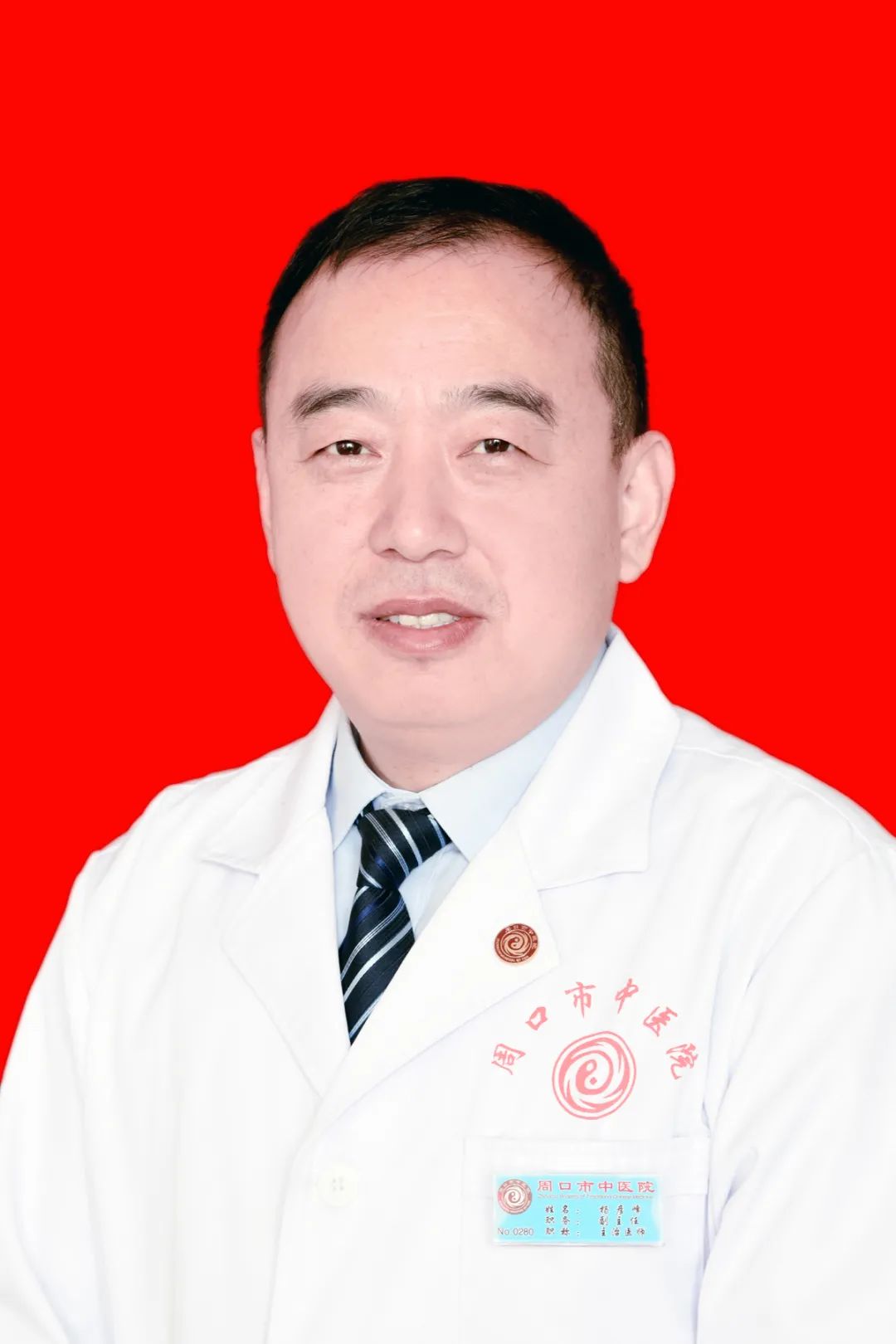
To nurture a Qi deficiency constitution, it is essential to tonify the spleen and strengthen its function. Excessive thinking can damage the spleen, and overexertion can also harm it. Since the spleen is responsible for generating Qi, a deficiency in spleen Qi will first affect the lungs, leading to lung Qi deficiency and a weakened immune system, making one more susceptible to illness. The spleen and stomach are the foundation of postnatal health; if they are well-nurtured, spleen Qi will be strong, and consequently, lung Qi will also be robust. Individuals with a Qi deficiency constitution often exhibit weak vitality, and the principle of adjustment is to cultivate and replenish Yuan Qi and tonify Qi while strengthening the spleen.1. Dietary NurturingReplenishing Yuan Qi can also be achieved through diet. Activating Yuan Qi can enhance overall efficiency. Those with Qi deficiency often have weak spleen and stomach functions, so foods that strengthen the spleen and benefit the stomach are beneficial for tonifying Qi. It is advisable for individuals with a Qi deficiency constitution to choose foods that are neutral to slightly warm and that strengthen the spleen and benefit Qi. Recommended animal-based foods include beef, chicken, crucian carp, eggs, and quail eggs. Grains and legumes such as rice, millet, coix seed, yam, lotus seeds, white lentils, soybeans, and tofu are also beneficial. Fruits and vegetables like pumpkin, jujube, carrots, and shiitake mushrooms are recommended. A suggested recipe is ginseng and astragalus stewed chicken: 15g of ginseng (Ren Shen), 30g of astragalus (Huang Qi), 10g of dried tangerine peel (Chen Pi), and one whole chicken, cooked with seasonings. Drink the broth and eat the meat. For a Qi-tonifying and spleen-strengthening tea, use 5g of prince ginseng (Tai Zi Shen), 5g of jiaogulan (Jiao Gu Lan), 2 jujubes (Da Zao), and 5g of dried tangerine peel (Chen Pi), boiled to make tea. It is advisable to minimize or avoid foods that deplete Qi, such as water spinach, betel nut, and raw radish. One should not consume excessive cold, bitter, spicy, or hot foods. Due to the weakness of the spleen and stomach in individuals with Qi deficiency, the diet should not be overly rich or greasy, as this can lead to stagnation in the spleen and stomach, resulting in symptoms like abdominal distension and poor appetite.2. Lifestyle NurturingPeople with a Qi deficiency constitution often experience fatigue and excessive sleepiness. “Prolonged lying harms Qi”; excessive sleep can hinder the distribution of spleen and stomach Qi throughout the body, leading to insufficient nourishment of various body parts, creating a vicious cycle of fatigue. Therefore, it is important to ensure adequate sleep while also controlling sleep duration, cultivating a habit of going to bed early and rising early, and maintaining regular daily routines throughout the seasons.
It is advisable to minimize or avoid foods that deplete Qi, such as water spinach, betel nut, and raw radish. One should not consume excessive cold, bitter, spicy, or hot foods. Due to the weakness of the spleen and stomach in individuals with Qi deficiency, the diet should not be overly rich or greasy, as this can lead to stagnation in the spleen and stomach, resulting in symptoms like abdominal distension and poor appetite.2. Lifestyle NurturingPeople with a Qi deficiency constitution often experience fatigue and excessive sleepiness. “Prolonged lying harms Qi”; excessive sleep can hinder the distribution of spleen and stomach Qi throughout the body, leading to insufficient nourishment of various body parts, creating a vicious cycle of fatigue. Therefore, it is important to ensure adequate sleep while also controlling sleep duration, cultivating a habit of going to bed early and rising early, and maintaining regular daily routines throughout the seasons.

The spleen governs the muscles and limbs, so it is important to engage in physical activity to promote the circulation of Qi and blood, enhancing the function of the spleen and stomach and improving the Qi deficiency constitution. Overexertion can deplete Qi, so it is important to avoid excessive physical labor, excessive sweating, and excessive thirst in daily life, as Qi can be lost with fluids, harming spleen and lung Qi, or excessive sexual activity can damage kidney Qi. Individuals with Qi deficiency have insufficient defensive Yang, poor resistance, and are easily affected by external pathogens, leading to chronic illnesses. Therefore, preventive health measures should be taken, such as keeping warm and avoiding exposure to wind and cold.3. Exercise NurturingIndividuals with a Qi deficiency constitution have lower physical capacity, so exercise should be moderate and progressive. Excessive exercise can lead to fatigue, sweating, and even symptoms like coughing and dizziness. Gentle exercises such as jogging, walking, Ba Duan Jin (Eight Pieces of Brocade), Wu Qin Xi (Five Animal Frolics), Tai Chi, and Qigong are more suitable for those with a Qi deficiency constitution. These traditional forms of exercise can strengthen kidney Qi and fortify the muscles and bones, gradually improving physical condition. Exercise helps Qi and blood circulate throughout the body, ensuring that all parts of the body receive adequate nourishment and energy, which further aids in the generation of Qi. During exercise, it is important to adopt a low-intensity, high-frequency approach, controlling the duration of each session to avoid excessive length, achieving “exertion without fatigue”. Focus on training the flexibility of the limbs, such as stretching and leg presses, and pay attention to deep and even breathing, avoiding forceful or prolonged breath-holding actions.4. Emotional NurturingIndividuals with a Qi deficiency constitution often have introverted personalities, unstable emotions, and are timid and averse to risk. Extreme emotions can disrupt Qi flow and cause deficiency. Therefore, individuals with a Qi deficiency constitution should maintain a positive mood and a peaceful mindset. The lungs govern the Qi of the body; excessive sadness can deplete Qi, and excessive fear can damage kidney Qi, leading to symptoms such as incontinence and nocturnal emissions. Thus, in daily life, one should cultivate an open and optimistic attitude, avoid excessive mental strain, and maintain a stable and peaceful mindset. Strengthen spleen Qi and replenish Yuan Yang, ensure sufficient sleep and avoid laziness.Maintain a light diet and regulate emotions, moderate exercise promotes better health.
During exercise, it is important to adopt a low-intensity, high-frequency approach, controlling the duration of each session to avoid excessive length, achieving “exertion without fatigue”. Focus on training the flexibility of the limbs, such as stretching and leg presses, and pay attention to deep and even breathing, avoiding forceful or prolonged breath-holding actions.4. Emotional NurturingIndividuals with a Qi deficiency constitution often have introverted personalities, unstable emotions, and are timid and averse to risk. Extreme emotions can disrupt Qi flow and cause deficiency. Therefore, individuals with a Qi deficiency constitution should maintain a positive mood and a peaceful mindset. The lungs govern the Qi of the body; excessive sadness can deplete Qi, and excessive fear can damage kidney Qi, leading to symptoms such as incontinence and nocturnal emissions. Thus, in daily life, one should cultivate an open and optimistic attitude, avoid excessive mental strain, and maintain a stable and peaceful mindset. Strengthen spleen Qi and replenish Yuan Yang, ensure sufficient sleep and avoid laziness.Maintain a light diet and regulate emotions, moderate exercise promotes better health.
Personal Profile

Yang Yan Feng, Deputy Director of the Rehabilitation Center, graduated from Henan University of Traditional Chinese Medicine. Member of the 3rd and 4th CPPCC of Zhoukou City, Executive Director of the Zhoukou Rehabilitation Medicine Association, Vice Chairman of the Community (Grassroots) Rehabilitation Branch of the Zhoukou Rehabilitation Medicine Association, Executive Member of the Acupuncture, Tuina, and Rehabilitation Committee of Zhoukou City, and a member of the Rehabilitation Committee of Traditional Chinese Medicine for Bone Diseases in Henan Province. Awarded the title of Advanced Individual in Aid to Xinjiang in 2014, and has received multiple honors as an “Advanced Worker” and “Outstanding Physician”.
Specializes in:Utilizing specialized TCM therapies such as small needle knife, blade needle, and acupoint injection to treat painful diseases, including periarthritis of the shoulder, lumbar disc herniation, lumbar spinal stenosis, ankylosing spondylitis, hip joint synovitis, knee joint synovitis, and sports injuries.
(Images sourced from the internet)
Editor: Yang Chenxi
Chief Editor: Li Qianping
Reviewer: Sun Jun
